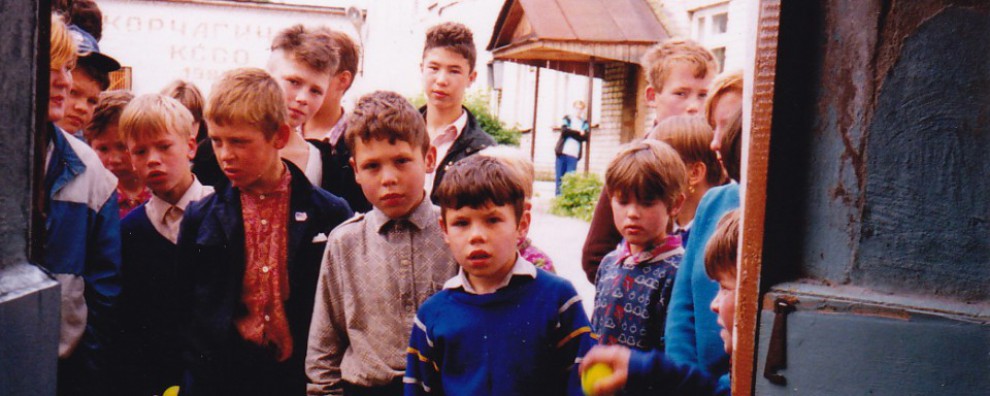(It’s important to remember that at the time of its publication, Moby Dick met mixed critical reception, to say the least; it really didn’t emerge as the classic it is now regarded until around 1921, when critics, beginning with Carl Van Doren, reappraised the novel as a masterpiece.)
“…an ill-compounded mixture of romance and matter of fact…Mr. Melville has to thank himself only if his errors and his heroics are flung aside by the general reader as so much trash belonging to the worst school of Bedlam literature–since he seems not so much unable to learn as disdainful of learning the craft of an artist,”
Athenaeum
“Redburn was a stupid failure, Mardi was hopelessly dull, White Jacket was worse than either; and, in fact, was such a very bad book, that, until the appearance of Moby Dick whe had set it down as the very ultimatum of weakness to which the author could attain. It seems, however, that we were mistaken. In bombast, in caricature, in rhetorical artifice–generally as clumsy as it is ineffectual–and in low attempts at humor, each of his volumes has been an advance upon its predecessors.”
Democratic Review
“The captain’s ravings and those of Mr. Melville are such as would justify writ de lunatico against all parties.”
Southern Quarterly Review
“…a huge dose of hyperbolical slang, maudlin sentimentalism, and track-comic bubble and squeak.”
William Harrison Ainsworth, New Monthly Magazine
“This sea novel is a singular medley of naval observation, magazine article writing, satiric reflection upon the conventionalisms of civilized life, and rhapsody run mad….”
The Spectator
Excerpted from: Bernard, Andre, and Bill Henderson, eds. Pushcart’s Complete Rotten Reviews and Rejections. Wainscott, NY: Pushcart Press, 1998.

You must be logged in to post a comment.